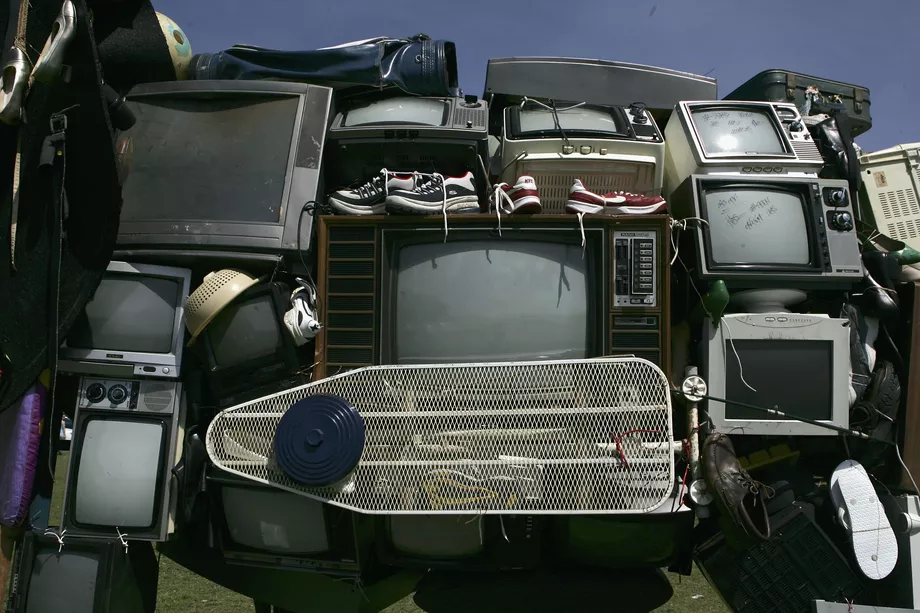A historically horrible Q1.
The pay TV business used to deny that cord-cutting was a thing. It doesn’t make that argument any more.
Related: The pay TV business just posted a historically horrible number, at least in terms of subscribers, by losing 762,000 customers in the first three months of 2017.
That estimate comes from MoffettNathanson analyst Craig Moffett, one of those people who used to be skeptical about cord-cutting but became a believer a few years ago. He says the industry just had its worst Q1 ever.
If you want to make those subscriber losses look a little bit better, you can add in the people who signed up for digitally delivered “skinny bundles” via services like Dish’s Sling TV. But even then, the pay TV guys still lost close to half a million subscribers, Moffett estimates.
Which means the industry shrank by 1.3 percent to 2.4 percent, depending on how you count it, in a single quarter.
/cdn0.vox-cdn.com/uploads/chorus_asset/file/8458581/Screen_Shot_2017_05_03_at_1.42.32_PM.png)
You can make the losses look still worse by noting that the housing industry was in good shape last quarter. Which means that you can’t blame the decline on people moving back in with their parents.
By Moffett’s estimates, if you include the people who should have signed up for pay TV when they moved into new homes, “nearly a million homes either cut the cord or chose not to take one in the first place in Q1.”
The diagnosis: “Identifying the root cause of the acceleration in cord-cutting isn’t hard. It’s not demand (the demand has always been there). It is supply. Would-be cord-cutters and cord-nevers are finally being given options,” like Netflix, HBO Now and, to a lesser degree, those skinny bundles.
About those bundles: The industry’s rapid decline shows why it has become so receptive to web-based TV services that have cropped up in the last couple years — most recently from YouTube and Hulu.
The wishful/hopeful thinking is that letting people sign up for smaller, somewhat cheaper packages of programming will convince them not to cut the cord altogether.
Maybe! But it seems like the reason to stop paying for TV or not to pay for TV at all is that you don’t want to pay for TV. At least not in the way the TV guys want you to pay for TV: The same bundles they’ve always been selling, more or less.
/cdn0.vox-cdn.com/uploads/chorus_asset/file/8458735/Screen_Shot_2017_05_03_at_1.42.40_PM.png)
BY

